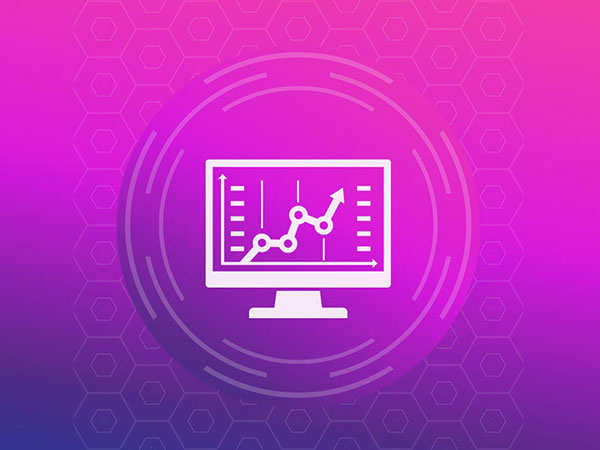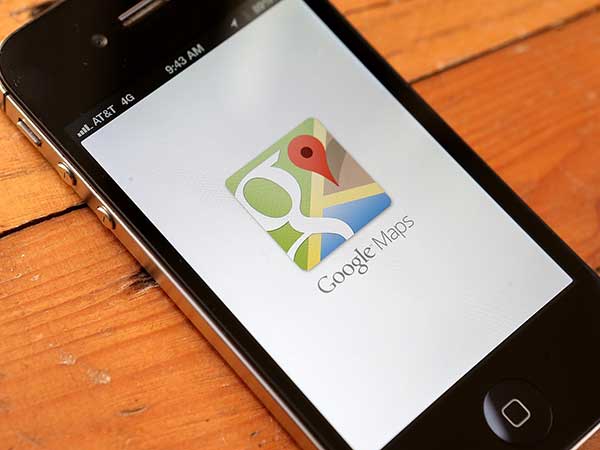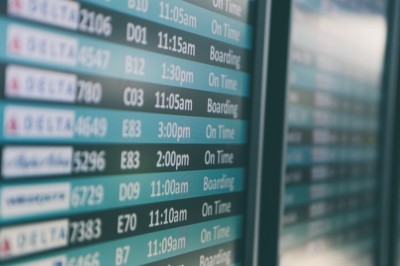Businesses have a new obsession: collecting as much data as possible and turning it into cash. Whether that means making their processes more efficient, providing new insights on what consumers want, or directly selling the data they collect, small and large companies alike are all jumping eagerly onto the big data bandwagon. Almost every industry, from healthcare to retail to disaster relief, to the travel industry uses data for at least some benefit. Aside from ongoing privacy concerns surrounding data collection, what implications does this big data have for consumers, particularly travelers? Potentially, an opportunity to save big money.
The new airfare marketplace
Booking a plane ticket today is a far cry from what it was 20 years ago. With the number of marketplace sites available for scanning flight price data, travelers can use complicated big data algorithms to their advantage with the click of a button. Sites like Skyscanner allow travelers to specify a destination or simply a month of travel and see a grid with the cheapest prices for each date. Skiplagged uses the data it collects from airlines to find the cheapest ticket—even if that means booking a ticket beyond the traveler’s destination, causing a skipped flight.
Personalized offers
Businesses know that getting you to buy can rely on sending the right deal at the right time. Before the explosion of big data, targeting individual customers was much more difficult. Now that companies can associate their clients’ information with their location, browsing, and buying habits, it’s much easier for them to predict customer behavior and send personalized deals. That’s a win-win for both the seller and the buyer: if a customer has been eying a trip to the Dominican, but hasn’t made the purchase yet, there’s an opportunity for the seller to tip the scales by offering the perfect discount for that destination and make a sale.
Pricing trends
Seasoned travelers have heard rumors of vast differences in pricing depending on the day of the week, time of day, and amount of time until the flight date. Price alerts are now a common feature on marketplace sites, allowing customers to monitor prices on specific flights, and buy when prices are lowest in order to reduce risk.
Free comparison and planning tools
The demise of traditional travel agencies may be unfortunate to those making a living as travel agents, but big data has made trip planning easy and efficient, without the need for expert help. Large datasets do the work for the modern traveler, and can provide everything from inspiration to comparison pricing. Marketplaces and advice from all corners of the Internet save travelers a lot of money by eliminating travel agency fees and save time by allowing easy side-by-side pricing and realistic expectations on the costs associated with visiting different destinations.
Bolstering the sharing economy
AirBnB is one of the most popular options for travelers looking for inexpensive and unique accommodations. Hosts can rent out a room, guest house, or full residence, and set their own house rules. As if that wasn’t helpful enough, AirBnB uses big data to enhance matching between hosts and guests. Taking into account guest preferences and host preferences, AirBnB’s algorithms do their best to predict the best matches, increasing efficiency and satisfaction for both guests and hosts. In cities with many listings, this can be a huge help for travelers trying to book quickly.
Never a better time to travel
With all the great tools out there, it’s never been a better time to travel. Big data may be blowing up the travel industry on the business side, but the benefits to travelers are undeniable. Even if you’re only able to save up a little money for your next vacation, you can have an incredible adventure on a budget, thanks to the information provided by big data that’s available at no cost. Data personalization is only just beginning, however, and we’ll definitely see refinements to these big data tools that will make booking travel even simpler and probably, even cheaper.




![Ride-sharing impact on drunk driving in the US [Infographic]](https://crayondata.ai/wp-content/uploads/2022/05/driving-1.jpg)


